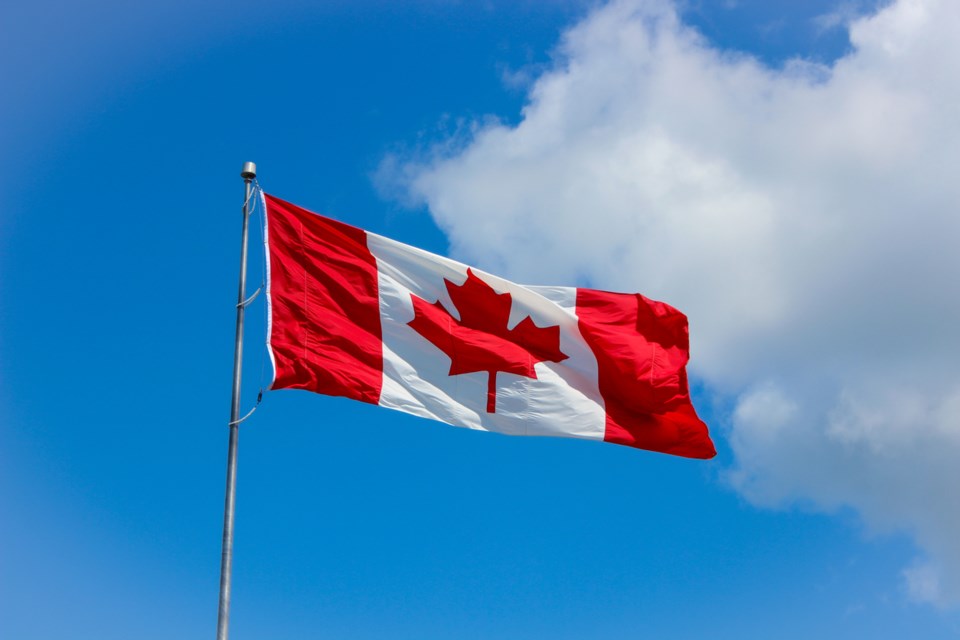Canada has a varied approach to online gambling regulations, based on a province-by-province basis. Alberta could become the second province after Ontario to legalize online gambling.
Bill 48 has passed in the Canadian province of Alberta and is seen as a significant development for Canada’s gambling industry. The iGaming Alberta Act has now passed its third reading and looks to become the second province after Ontario to legalize online casino games and gambling, which opened its regulated markets in 2022.
The online gambling landscape in Alberta
This will be done through the establishment of a corporation which will work with private operators to conduct online gambling activities. The main regulatory authority would remain Alberta Gaming, Liquor and Cannabis (AGLC). The bill also allows the corporation conduct iGaming activities on behalf of other Canadian provinces.
Complying with the Criminal Code of Canada, this governance model is very similar to the model used in Ontario. This allows a province to allow gambling services if they are under a “conduct and manage” mandate. Private sector operators will then be able to offer casino games, slots and sports betting.
Creating an iGaming framework
The hard work now falls upon Alberta itself. It must enter the phase in which it creates regulations, licensing and protocol. It must also start the recruitment process for the new organization that will oversee this. This suggests that at the earliest, late 2025 would see its introduction. However, if licenses have to be applied for or bid on, then a launch could extend into 2026.
There is a wide range of excellent online casinos already operating in Canada. This overview article provides a comprehensive list of the best online casinos in Canada. While they attract people with bonuses and game selections, scratch a little deeper and it is easy to see how professional these operations are. With payment methods in place and exceptional customer service, the sheer number shows how much competition there will be to apply for these licenses.
Deciding on the costs, such as licensing fees and tax limits, is also another hurdle. It is expected that these costs will go into Alberta’s general revenue fund and may partially go towards supporting addiction research and treatment.
One other main goal is to prohibit the use of unlicensed operators. A raft of safer gambling tools and initiatives will also be brought into play. These will include robust self-exclusion schemes for those who have issues or are at risk.
AGLC currently has one licensed iGaming site in operation—PlayAlberta. However, there are plenty of offshore casinos accessible to Canadians. It is believed this open, competitive market will let the province capture money that is escaping to offshore operators.
One of the main figures behind the introduction of this is Dale Nally, the Minister of Service Alberta and Red Tape Reduction. He notes that “the goal is not to create new gamblers, but to make existing online gambling safer.” He also adds that modernization can help protect the health and safety of Albertans.
Voices against Alberta's legalized iGaming sector
Apprehensive about the introduction of iGaming are the First Nations. They are able to operate brick-and-mortar casinos in the province under a special agreement. The belief is that this may reduce footfall to their casinos while the online sector begins to grow.
The First Nations may not be entirely wrong to worry about this. Further south in the United States, New Jersey is one of only seven states that allows online casinos and gambling. Over the last year, its revenues have started to increase at online casinos at the expense of physical ones. In March, for example, iGaming revenue grew 23.7% to $243.9 million. However, its physical casino revenue fell 3.7% to $230.9 million.
Alberta will be looking to Ontario as the trailblazers, noting what they have done correctly and what went wrong. The gambling market here is worth CA$3.2 billion per year and has shown a 32% year-on-year increase. However, they have been criticized for their approach, mainly due to regulatory complexity and compliance burdens.
Oversights regarding the application of fantasy sports were also criticized. The online gambling market is much more complex than table games and sports betting. The advent of new genres like this and crash gaming, along with grey area provisions like sweepstake casinos, have muddied the water. Therefore, Alberta must be careful to make unique rules for each area.
Alberta is positioned to make this work. It can learn lessons from Ontario, but also from U.S. states and European nations. The province must be careful not to rush out its program but instead think methodically using research and case studies. This will position Alberta as a case study, allowing the rest of the world to see how to launch iGaming legislation.
DISCLAIMER: The information presented on this page/site is intended for entertainment purposes only. Please be aware that gambling entails inherent risks and it's crucial to acknowledge this when utilizing online gambling platforms.
This sponsored content has been paid for by our sponsor and does not reflect the reviews and recommendations made by Richmond News staff.



